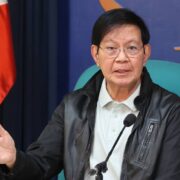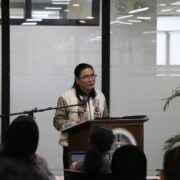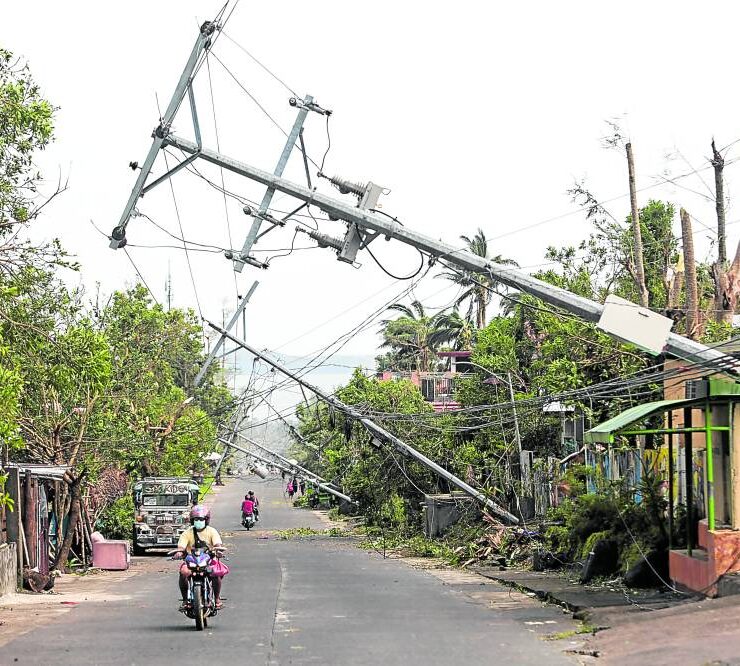Women must have equal say with men: UN committee

Women must have a 50-50 equal say with men in all decision-making systems, a UN committee on discrimination insisted on Oct. 24, saying previous 30 percent targets were behind the times.
The United Nations Committee on the Elimination of Discrimination against Women said the 50-50 “undisputable standard” should apply to public, private sector, political, economic, and digital spaces.
“Targets of 30 percent representation of women in decision-making are incompatible with the… core aim of elimination of discrimination,” the committee said, because such targets sent the message that inequality was “justifiable.”
“Decision-making will have real and dynamic meaning and lasting effect only when it is shared at 50-50 parity by women and men and takes equal account of the interests of both,” it added.
Some 189 countries are party to the Convention on the Elimination of All Forms of Discrimination against Women.
The 23-member committee monitors countries’ compliance with the convention. The expert committee explained its guidance at a meeting with states parties on Oct. 25, with UN rights chief Volker Turk opening the guidance launch.
The committee warned that failing to achieve parity would prevent countries from addressing urgent challenges effectively, “notably those related to peace, political stability, economic development, climate change, and technological advancements such as artificial intelligence (AI).”
It said that women remain “structurally excluded” from conflict and crises prevention as well as peace negotiations, with women making up 16 percent of peace negotiators.
The committee said women only held 27 percent of seats in national parliaments, and 28 percent of management positions in the labor market. Meanwhile women have been “severely underrepresented” in developing new technologies like AI.
The committee called for the elimination of all legal and practical forms of economic discrimination, including inequalities in pay, taxation, and regulations.
AFP is one of the world's three major news agencies, and the only European one. Its mission is to provide rapid, comprehensive, impartial and verified coverage of the news and issues that shape our daily lives.





















